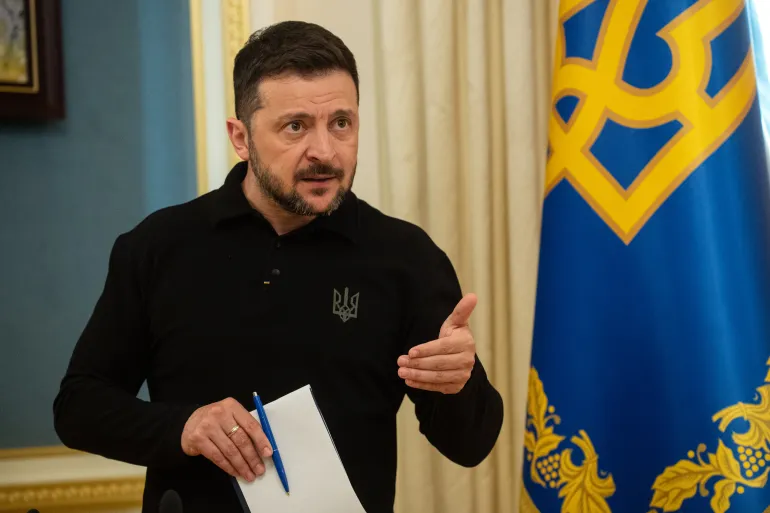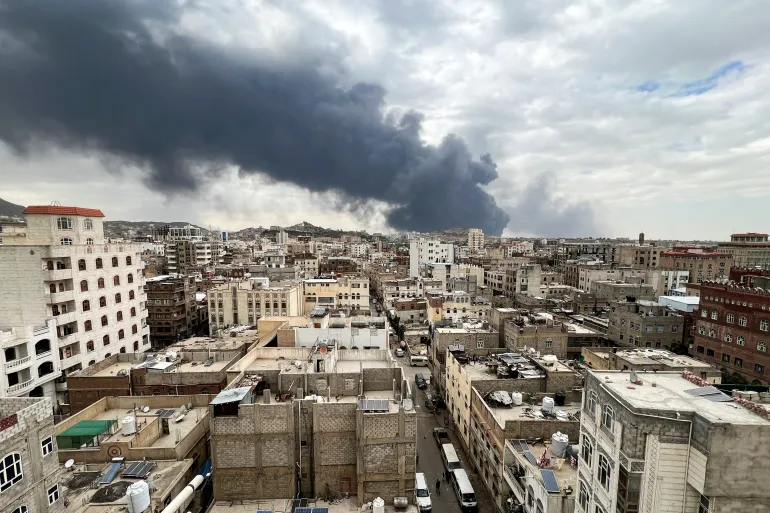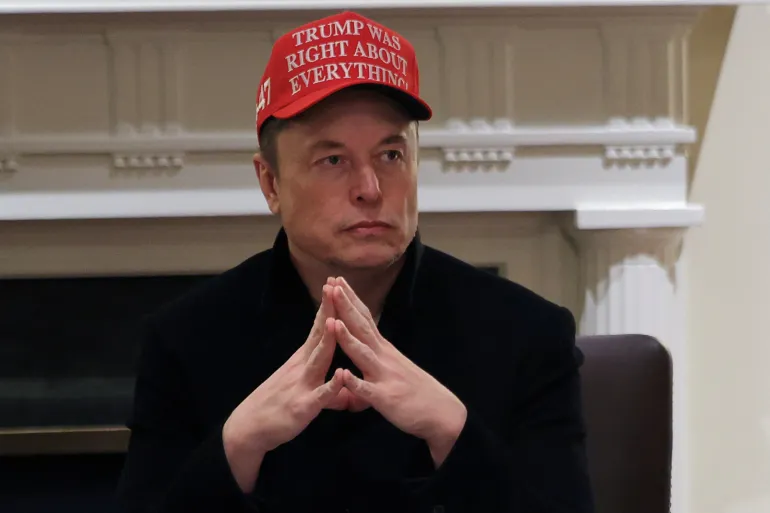Ukrainian President Volodymyr Zelenskyy has rejected a proposed three-day ceasefire by Russian President Vladimir Putin, describing the move as a “theatrical performance” rather than a sincere effort to end the war. The short-term truce, set to align with Russia’s Victory Day celebrations from May 8 to 10, was quickly dismissed by Kyiv as another symbolic maneuver aimed at securing a propaganda win rather than laying the groundwork for peace.
Speaking during a press event, Zelenskyy stated clearly, “I’m not going to play Putin’s games,” emphasizing that Ukraine seeks a genuine and lasting ceasefire, not a brief pause timed with Moscow’s internal events. The Ukrainian leader said the proposed truce lacks strategic depth and accused the Kremlin of continuing to manipulate global perceptions through hollow gestures.
“We need a real ceasefire, not a ceremonial pause that serves Russia’s domestic agenda,” Zelenskyy added. “This is not how peace is built.”
The rejection came amid growing international attention to a broader U.S.-backed proposal that seeks a 30-day truce, which Washington believes could serve as a foundation for restarting meaningful negotiations between the two warring states. Kyiv has signaled support for this extended ceasefire, calling it a “minimum condition” for credible diplomacy. However, Russia has not formally responded to that initiative.
Ukrainian officials argue that short truces have previously been exploited by Russian forces to regroup and reposition for renewed attacks. “This is not about peace; it’s about operational advantage,” one Ukrainian military analyst said.
In Moscow, the Kremlin framed its three-day ceasefire proposal as a goodwill gesture to ensure security during Victory Day celebrations, which commemorate the Soviet Union’s victory over Nazi Germany in 1945. However, Russian officials reacted strongly to Zelenskyy’s comments. Dmitry Medvedev, former Russian president and now deputy chair of the Security Council, accused Zelenskyy of threatening the safety of foreign dignitaries expected to attend events in Moscow.
“Zelenskyy’s statement amounts to a direct threat against international guests,” Medvedev said, echoing a more aggressive stance from the Russian leadership. The Kremlin later warned that Ukraine would bear full responsibility for any incidents occurring during the commemorative period.
The heated exchange underscores the continued breakdown of diplomacy between the two sides more than two years into Russia’s full-scale invasion of Ukraine. Ceasefire proposals, humanitarian corridors, and negotiations have repeatedly failed due to a lack of trust and differing objectives. Kyiv demands a full withdrawal of Russian forces from occupied territories, while Moscow insists on keeping control of the annexed regions, including Crimea and parts of eastern Ukraine.
Zelenskyy emphasized that Ukraine remains open to dialogue, but only under serious and structured conditions. “A temporary truce used for media optics will not stop missiles, drones, or artillery,” he said.
He also criticized Russia’s continued targeting of civilian infrastructure, accusing Moscow of deliberately bombing cities even as it makes peace overtures. Recent weeks have seen an increase in Russian strikes across Kharkiv, Odesa, and Dnipro, further fueling skepticism in Kyiv about Russia’s intentions.
International reactions have been mixed. While some leaders praised Putin’s gesture as a potential opening, others sided with Zelenskyy’s view that a few days of silence are insufficient. The European Union’s foreign policy chief, Josep Borrell, stated that “short-term truces must be tied to long-term commitments.” Meanwhile, the United States reaffirmed its call for a 30-day ceasefire and urged both sides to de-escalate.
As Ukraine braces for what many expect will be a tough summer of fighting, Zelenskyy’s rejection of the Kremlin’s proposal signals that Kyiv is unwilling to participate in what it sees as superficial diplomacy. Instead, Ukrainian leadership continues to push for sustained international support and meaningful negotiations grounded in full respect for its territorial integrity.
Source; Al Jazeera



